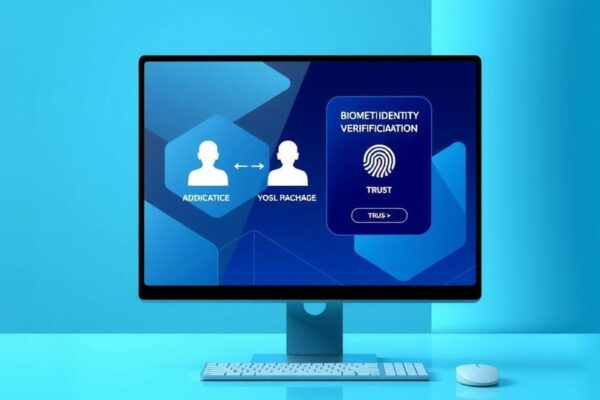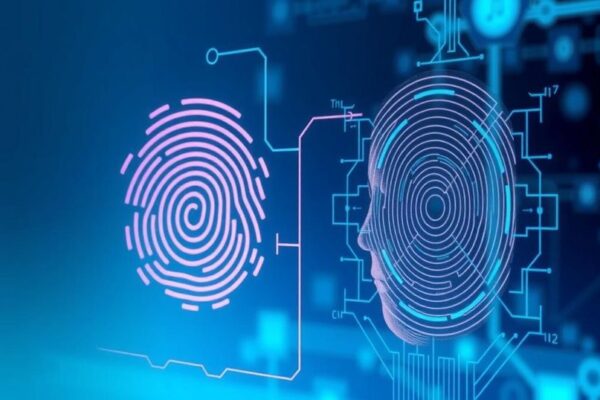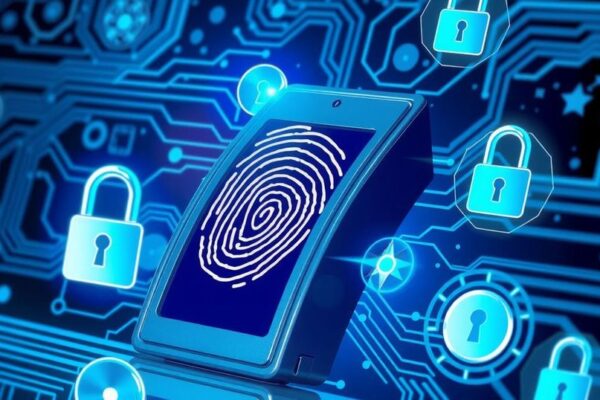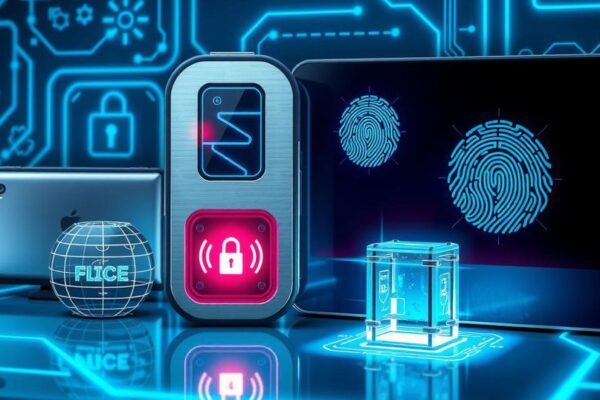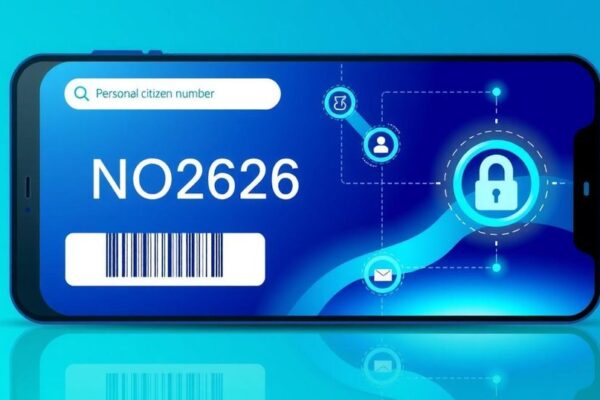
Greece Launches Personal Citizen Number for Unified Digital ID System
Greece has unveiled the Personal Citizen Number (PCN), a universal ID for citizens, as part of its new digital ID system. Set to launch on June 3 via the MyInfo app, this initiative replaces older identification numbers and aims to facilitate transactions with public services. Additionally, a Kids Wallet is provided for children’s online activities,…

